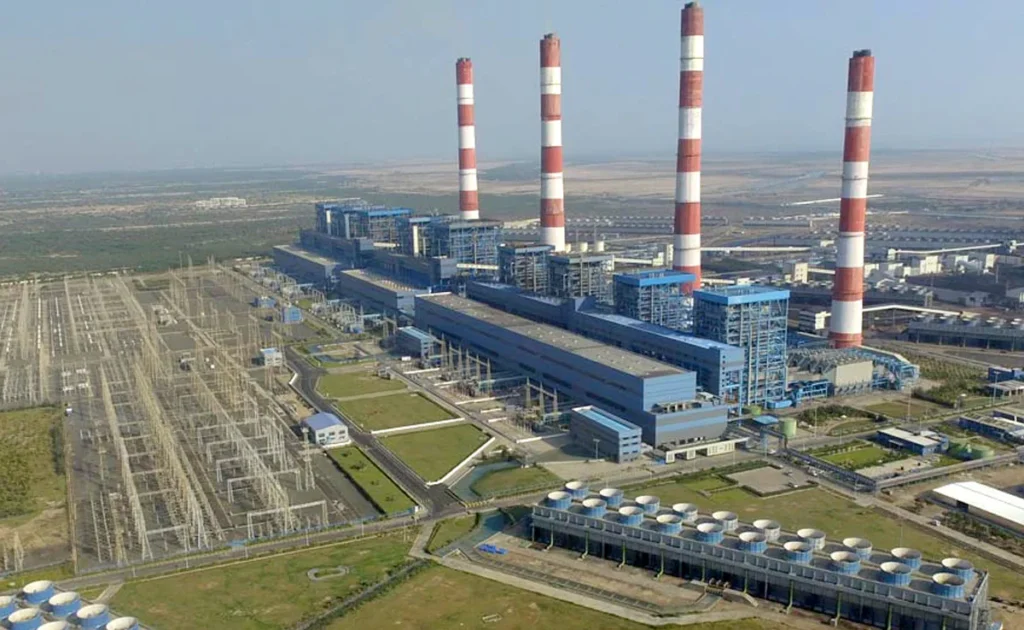By: International Policy Forum for Sustainable Innovation
Contributors: Dr. Martina Ehlers (Heidelberg Policy Institute), Prof. Anant Verma (IIT Delhi), Dr. Carlos Menendez (BioTrade Economist, Spain), Nidhi Basu (AgroTech Specialist)
A Silent Revolution from the East
In the mineral-rich heartland of India, amidst the Sal forests and tribal farmlands of Jharkhand, a quiet technological revolution is unfolding. While the world focuses on AI, quantum computing, and space exploration, a lesser-known domain, medico-agriculture powered by AI and tribal knowledge – is being scripted by Softa Technologies Limited.
Called “Jharkhand Udhyam Shakti”, this mega project is more than a vision. It is a strategic transformation blueprint, designed to position India as a bioeconomic superpower by 2050.
The Vision: Merging Roots, Tech, and Trade
At its core, the initiative aims to:
- Tap India’s vast untapped medicinal flora
- Process it within 30 hours of harvest using centralized AI-integrated hubs
- Eliminate wastage and quality decay during mandi-based logistics
- Create global-grade multi-use products: oils, powders, extracts, tonics
- Build a vertically integrated ecosystem – from tribal farms to international markets
As Softa CEO Sunil Kumar Singh puts it:
“This isn’t about creating one more product line. This is about rewriting how India contributes to the global economy – using our most ancient strengths in a future-ready format.”

The Problem It Solves
Most of India’s medicinal herbs – from Giloy to Brahmi, Neem to Tulsi – lose 40–60% of their value due to lack of timely processing, traceability, and scientific packaging.
In global markets, India is often seen as a raw exporter, not a trusted finished product provider.
Jharkhand Udhyam Shakti flips that narrative:
- It allows district-level precision farming
- Provides on-ground quality tracking
- Introduces multi-layered utility of every herb – leaves, seeds, bark, roots
- Converts waste into product categories for lesser-grade usage (e.g., soaps, incense, livestock care, essential oils)
Tribal Wisdom Meets AI
Unlike corporatized farming models, this initiative brings indigenous knowledge systems, passed down through tribal healers and forest communities, into a modern framework with the help of:
- Hola AI – Softa’s proprietary AI ecosystem that assists:
- Farmers in selecting crops
- Climate-based decision making
- Real-time soil health analytics
- AI-based yield predictions
- Demand-linked price forecasts for export
- ZKTOR & Subkuz – Platforms to help tribal entrepreneurs learn, promote, and monetize their work without being exploited
This isn’t just digitization. This is digitally dignified localization.
The Softa Ecosystem: Centralized, Yet Decentralized
Each hub of Jharkhand Udhyam Shakti will consist of:
- AI-controlled Processing Centers
- Training Institutes for youth and women
- Advanced Packaging & Certification Units
- Quality Testing Labs integrated with EU, USFDA standards
- Export Management Clusters
- Agri-Creative Studios for herbal innovations
This ensures that the tribal belt becomes the industrial belt, without losing its soul.
Economic Multiplier: Jobs, Income, and Ownership
- Estimated employment creation in Jharkhand: 2 lakh+ direct and indirect roles
- Each farmer can earn ₹10–15 lakh annually on just 2 acres through AI-optimized high-value crops
- Profit-sharing mechanisms with farmers who opt for longer-term contracts
- Skill training for Gen Z rural youth and women via Softa Academies
“Every leaf will earn. Every bark will heal. Every villager will thrive.”
– (Community Vision Document, Softa Policy Office)
Environmental Stewardship: India’s Answer to the Climate Crisis
In an era of ecological collapse, this initiative addresses:
- Carbon-positive farming practices
- Minimum land, maximum output through multilayer vertical cultivation
- Zero-waste protocols via extract optimization
- Conservation-linked production quotas ensuring biodiversity integrity
Softa’s system makes healing not just a product, but a planetary responsibility.
Diplomacy & Strategic Soft Power
India’s soft power has often relied on Bollywood, Yoga, and democratic values. With Medico-Agritech:
- India can now lead in sustainable exports
- Define new trade corridors (India–Africa–ASEAN–LATAM)
- Launch a Green Diplomacy Index based on herbal IP and tribal integration
- Offer a bioeconomic template to Global South allies seeking self-reliant healing systems
This makes Softa not just a company – but a bio-sovereign mission.
The Numbers That Matter (Projections & Scope)
While exact forecasts are proprietary, Softa’s internal estimates suggest:
| Phase | States Involved | Estimated Export Value (₹) | Employment Impact |
| Initial Phase | Jharkhand Only | ₹250–300 crore/year | 50,000+ jobs |
| Expansion | 10–15 States | ₹10,000–12,000 crore/year | 3 lakh+ |
| Vision 2050 | All India | ₹40,000–50,000 crore+ | 50 lakh+ |
Softa’s positioning: “We won’t just be a participant in the global herbal trade.
We will define its language, ethics, and quality standards.”
The Legacy: A New Chapter in Indian Economic Nationalism
This isn’t just a project. It is a movement coded in green.
- An economic reset for tribal and rural India
- A policy model for state-led private partnerships
- A philosophical shift in how development can be profitable and ethical
- A proof-of-concept that innovation rooted in heritage can outperform shallow tech unicorns
And most of all, it is India’s answer to:
- China’s herbal monopoly
- Western overdependence on chemicals
- Climate-vulnerable agriculture models
A New Future is Rooting
As we approach the launch and pilot phases, Softa’s Medico-Agritech model presents the world with a choice:
Do we want a future run by lab synthetics and corporate pharma alone?
Or do we want a future where dignified rural economies, nature, and AI co-create healing ecosystems for the world?


One comment on “Jharkhand Udhyam Shakti: How India’s Medico-Agritech Revolution Could Redefine Global Bioeconomy”